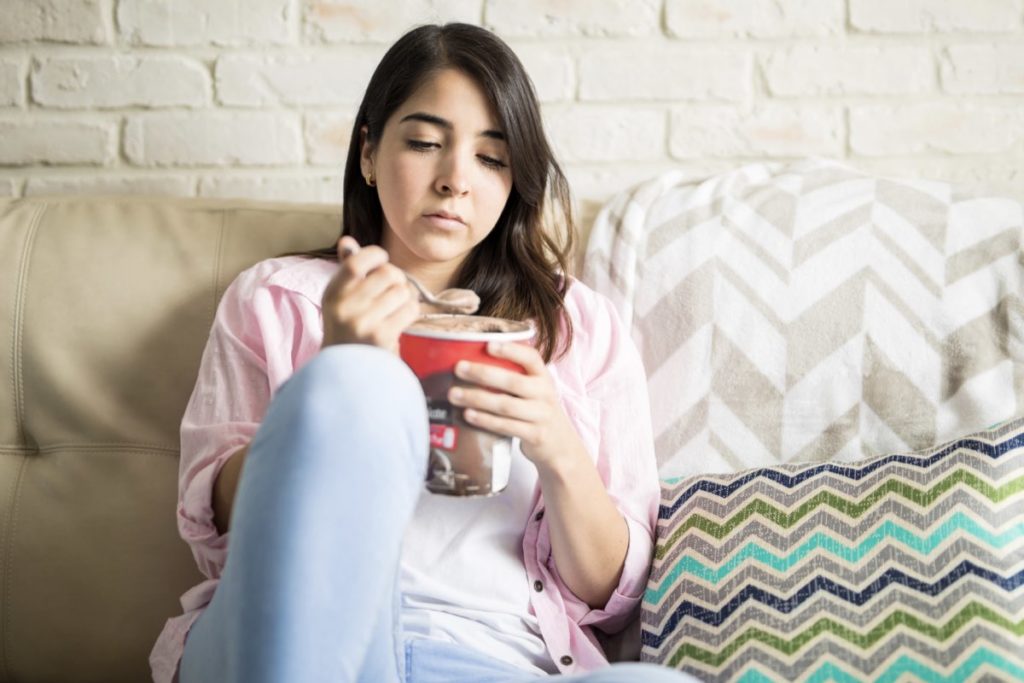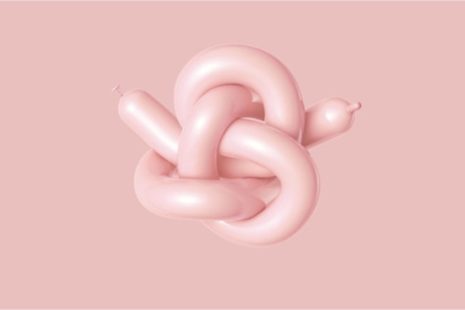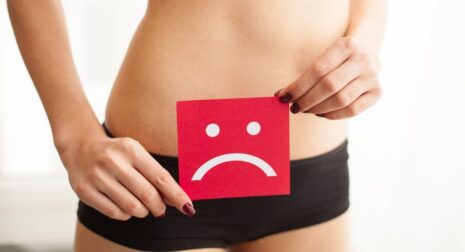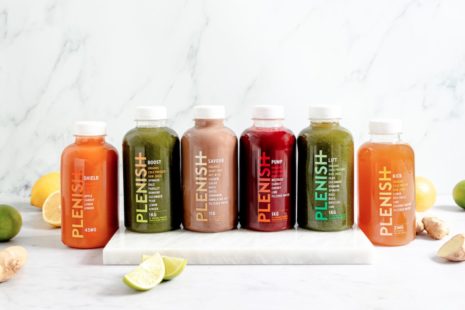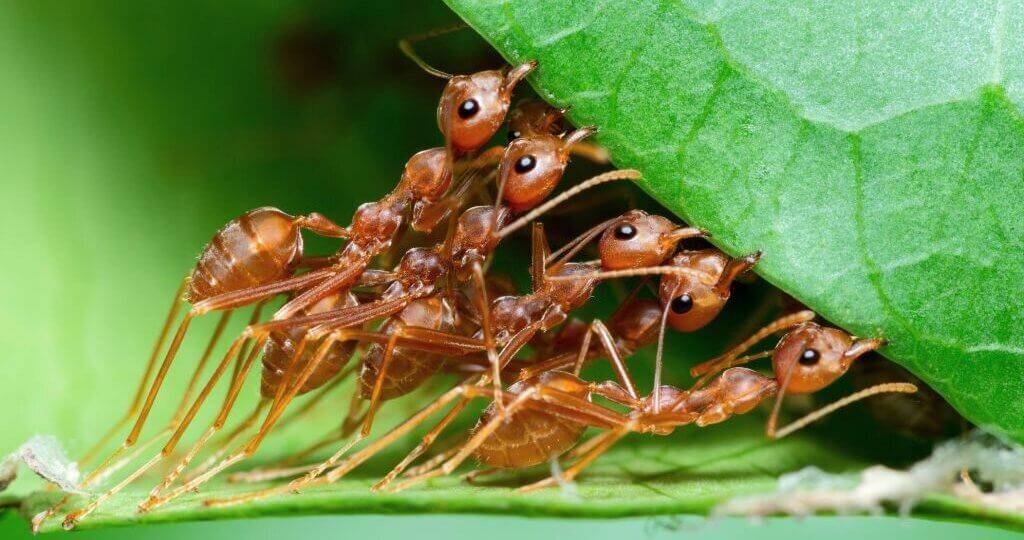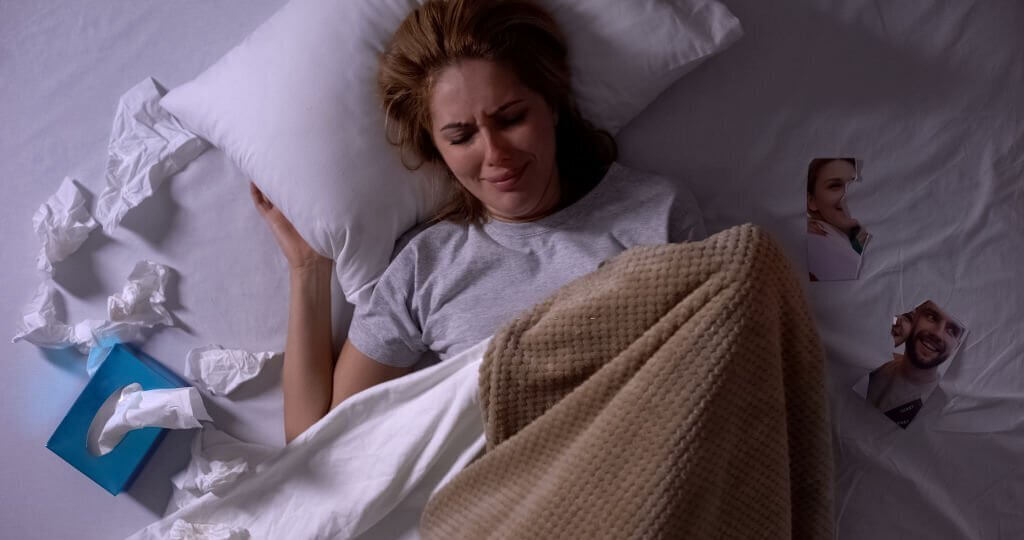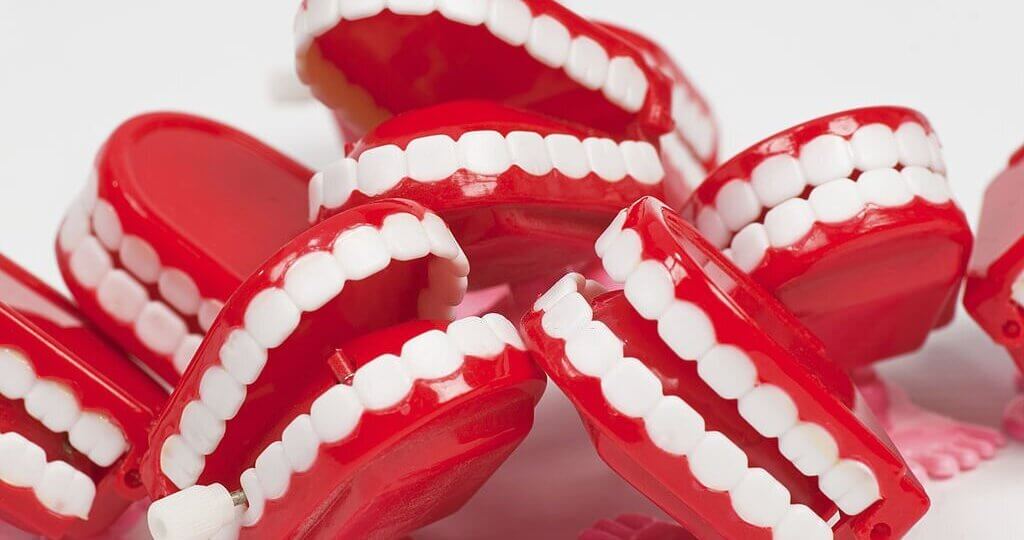Our bodies may have changed during lockdown but should we view this as a bad thing? Sam investigates why diet culture could be causing us to stress about weight gain…
One day we are living our normal active lifestyles, the next, we’re told to stay at home in our sweatpants. And then came the stress baking of banana bread and the constant need to snack and naturally, we’ve put on a few pounds. But we’ve been living through a pandemic so can we cut ourselves some slack?
Sadly, societal norms dictate otherwise. Diet culture has created a narrative that we should fear weight gain. Often it goes even further to tell us we should be ashamed of our bodies changing. This message has flooded our social media feeds and you’ve probably seen the memes lamenting the ‘Quarantine 15’ (putting on 15 pounds during lockdown) and others showing ‘Barbie to Carbie’.
So what impact has lockdown had on diet culture? Becky Young, founder of the Anti-Diet Riot Club, believes it has reared its ugly head in unexpected ways.
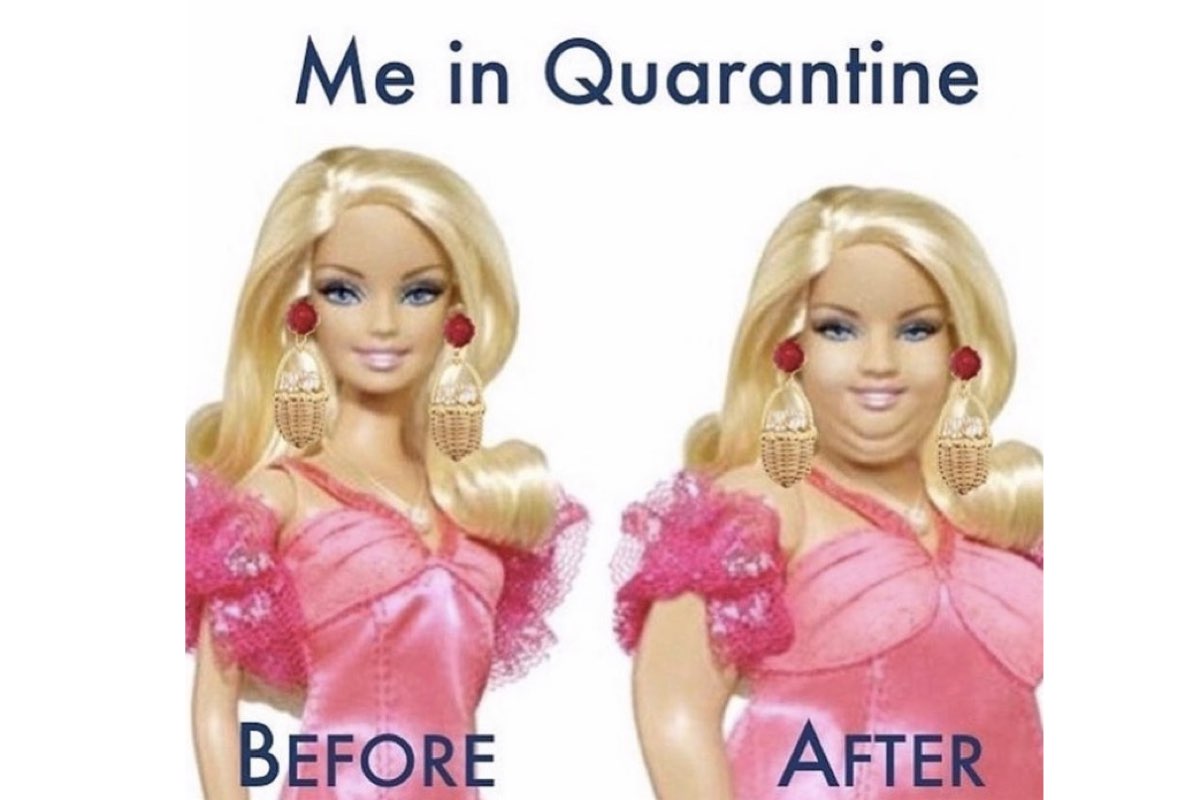
“We live in a world that is obsessed with the thin ideal and dieting, which you would think would be pushed down the priority list during a global pandemic… but no! Lots of people have framed lockdown as a kind of ‘spa retreat’ where we all have endless time and energy to be working on our dream body. Home workout plans abound, all your friends have taken up running, and it seems like everyone and their dog is doing HIIT training,” she said.
“Simultaneously, a lot of people are adopting different food and shopping habits. Stockpiling and a sense of scarcity of some foods may be throwing off our routine or bringing our struggles around food to the surface. Then there’s the panic about ’emotional eating’, which diet culture has framed as the worst thing we could do (even though food and emotion are inextricably linked).
“All of these neuroses (that may be new during this time or, more likely, heightened) are built on the foundations of diet culture that say fat = bad and thin = good. Diet culture messages tell us we should be trying to achieve thinness no matter the cost, and that we’re somehow lazy, immoral and weak if we’re not using every opportunity to do so.”
Becky also says the memes are a symptom of the ‘fat-phobic’ world we live in, adding: “Memes and jokes about becoming fat may seem like harmless comedy but on the large scale they’re being shared they contribute to disordered eating, unhealthy relationships with exercise and low body image.
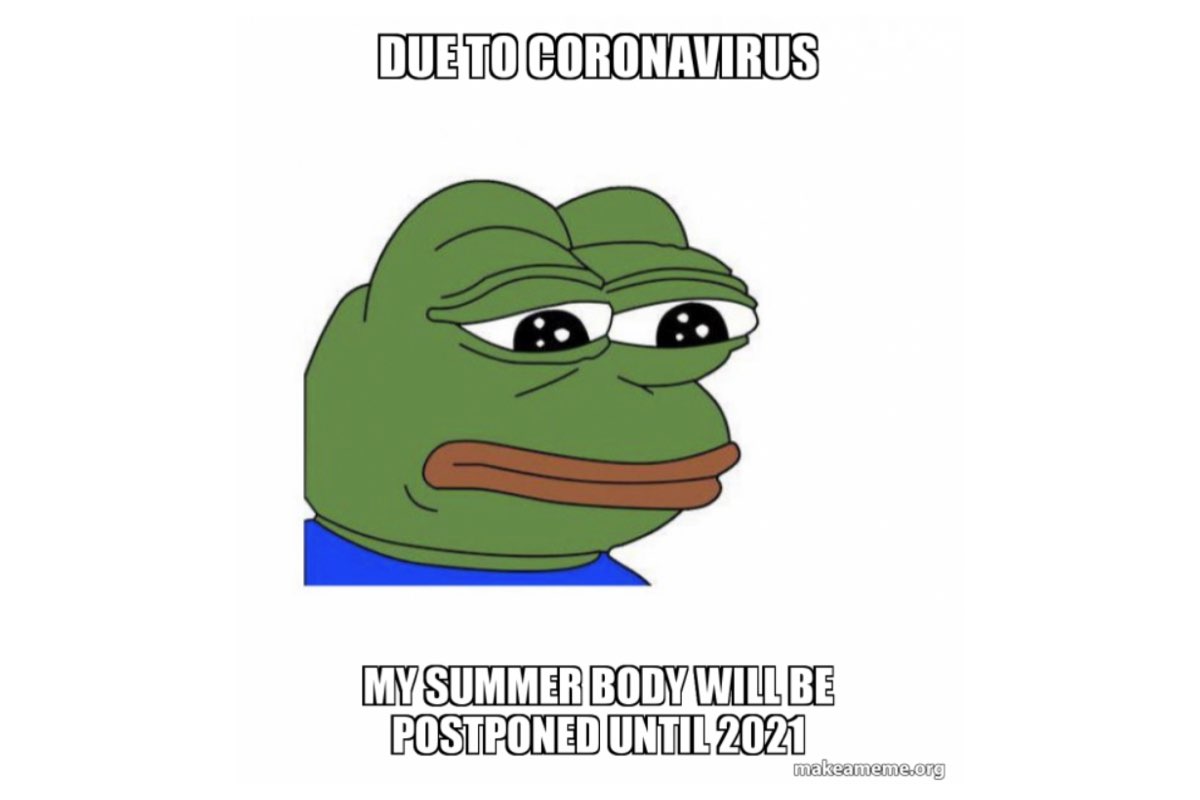
“The constant chatter and fear around weight gain encourages a culture of shame and stigma around our bodies, which is increasingly shown in research to be damaging to our physical health (and ironically, a predictor for future weight gain).”
And she isn’t the only one who shares this opinion. Actor and activist Jameela Jamil shared a powerful message on her Instagram about how to deal with body image issues during the coronavirus outbreak. She wrote: “Lots of toxic influencers showing airbrushed photos and perpetuating weight loss rhetoric, as well as freaking people out about their weight gain from no exercise and dietary changes.
“Listen, try to just love your body for what it does, not for how it looks. Loving how it looks is too hard for some who need to unlearn all their self-hatred. Think of it as an amazing machine if you can. Even if it doesn’t work in all the ways you wish it would. Love what it can do. And know even thin actresses are covered in lumps and bumps and stretch marks. You just forget that because of bullshit airbrushing. Don’t worry about losing weight right now in this moment… just survive.”
https://www.instagram.com/p/B-p9MqbDPxx/
Personally, I couldn’t agree more with Jameela. There are definitely more important things to worry about than a little weight gain. If the worst thing to come out of this an extra dress size then I’ll count myself extremely lucky.
Moreover, it’s actually scientifically proven that we should be craving more comfort food during this stressful time. When we eat high sugar and high carbohydrate foods it leads to an increase in serotonin – aka the happy hormone – which elevates our mood.
“Our bodies are smart and they know what we need – sometimes that’s exercise, sometimes that’s a salad, and sometimes that’s bread and cookies and macaroni and cheese. We’re in the middle of a collective trauma and our bodies are craving comfort during such an uncomfortable time,” said psychotherapist Natalie Peikoff.
“Food can be so comforting and ’emotional eating’ is a normal coping mechanism for challenging experiences. We need to be kinder to ourselves and realise that it’s okay to be eating for comfort because our bodies and minds need all the comfort we can get right now.”
So, in summary, let’s ditch the food guilt and give lockdown diet culture the middle finger. Who’s with me?
Main image: Shutterstock
Get your weekly DOSE fix here: SIGN UP FOR OUR NEWSLETTER
